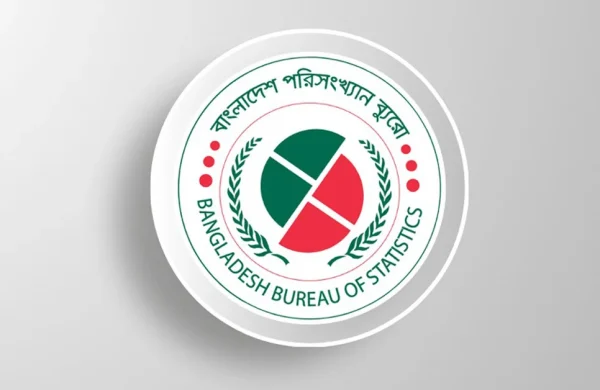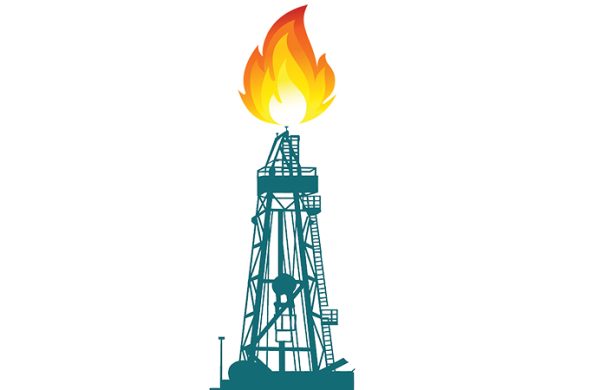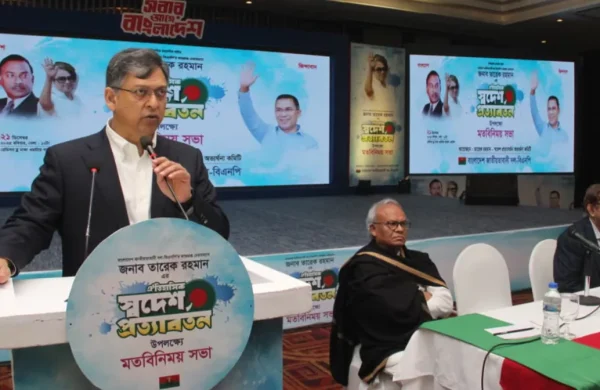Bangladesh faces deepening summer power crisis amid payment issues
- Update Time : Sunday, February 2, 2025

TDS Desk:
The upcoming summer could see one of the worst power supply situations in recent years, as the government struggles to clear outstanding payments to independent power producers, gas suppliers, and foreign lenders.
According to official sources, the Bangladesh Power Development Board (BPDB) owes Tk43,473 crore to various independent power producers (IPPs) and Petrobangla for electricity and gas purchases.
Of this amount, the Indian Adani Group is set to receive Tk10,309 crore, while local IPPs are owed approximately Tk16,000 crore.
Joint venture power plants, including Payra and Rampal, are awaiting Tk10,000 crore, and Petrobangla is due Tk7,164 crore.
Last summer, peak electricity demand reached 17,200MW, but the government managed to supply only around 15,500MW on average, leaving a shortfall of 2,000-2,200MW.
With an estimated 6% annual growth in demand, the Bangladesh Independent Power Producers Association (Bippa) projects that electricity demand will rise to 18,232MW in the coming summer, spanning March to September.
However, the BPDB has yet to release an official demand-supply forecast for the upcoming season.
Bippa warns that if the government fails to clear outstanding dues, the country could face a shortfall of 3,500-4,000MW in electricity production.
David Hasanat, president of Bippa, cautioned that unless at least part of the Tk16,000 crore owed to IPPs is paid, it will be impossible to open letters of credit (LCs) to import the necessary fuels for power generation.
A senior BPDB official, speaking on condition of anonymity, claimed that the actual dues to IPPs are lower than reported, as the government recently paid Tk8,000 crore to private power producers through bond issuances and other methods.
He said that the government is prioritizing full-scale generation from coal-based power plants this summer, as coal-fired electricity is currently more cost-effective than using imported gas, furnace oil, or diesel.
According to BPDB data, the per-unit generation cost at furnace oil (HFO)-based power plants, which have a capacity of 6,442MW, is around Tk16.40.
In contrast, coal-based power generation costs less than Tk8 per unit, while imported gas-based power generation costs approximately Tk18 per unit.
“Our focus will be on maximizing production from coal-based power plants with a capacity of 5,108 MW, followed by local gas-based plants using gas supplied by Petrobangla.”
Energy expert Dr M Tamim supports the government’s strategy to fully utilize coal-based power plants to address the power crisis in the coming summer.
“In this case, the government must make an extra effort to clear the dues of coal-based power plants to ensure uninterrupted coal imports for continued power generation.”
Dr Tamim suggested that the government maximize gas production from domestic fields to generate power from the 12,441MW gas-based power plants.
Due to gas shortages, the government typically generates a maximum of 8,000MW from gas-based plants.
According to BPDB statistics, Bangladesh’s total grid-based installed power generation capacity stands at 27,820MW, with an additional 4,000MW in captive power, which is off-grid and used by industries. Of this, power generation drops to 11,000MW in winter and rises to around 15,500MW in summer.














